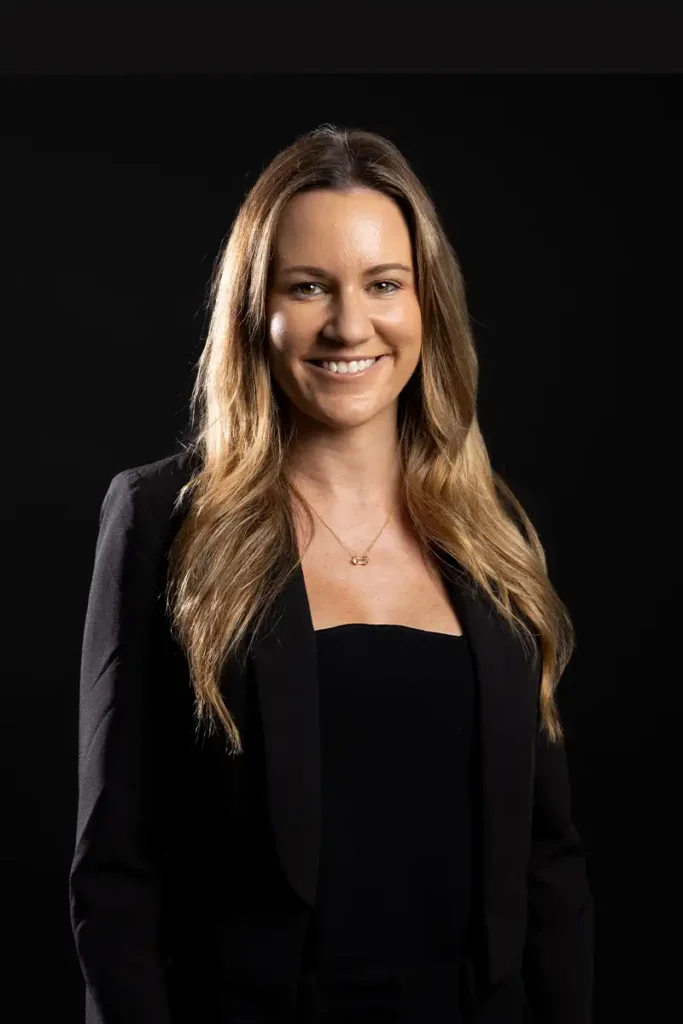In New South Wales the Executor of a person’s Will has the right to custody and possession of the deceased’s body for the purpose of burial or cremation. Where there is no Executor the next of kin has the right to burial. It should be noted that a spouse (including a de facto spouse) has a higher right to burial than other relatives of the deceased, including children. The person with the right of burial (whether the Executor or if there is no Will, then the next of kin) also has a right to possession of the ashes of the deceased.
Whilst a person’s wishes as to the funeral are not binding on an Executor at common law there are some differences with respect to treatment of a person’s written instructions regarding cremation. There are also some slight differences between the States:
Queensland
In Queensland, under s 7 of the Cremations Act 2003 (QLD) the legal personal representative of the deceased is bound by the legislation to follow the deceased’s instructions if the deceased leaves signed written instructions for his or her human remains to be cremated and the legal personal representative knows of these instructions.
If a person wishes to be cremated then they should include provision in their Will that expresses that intention. Alternatively, they can express their instructions not to be cremated.
There are provisions under s 8 of the Cremations Act 2003 (QLD) which regulate the process for objecting to a body being cremated. This section does not apply if the deceased person has left signed instructions that his or her human remains be cremated.
New South Wales
In New South Wales, under clause 34 the Public Health (Disposal of Bodies) Regulation 2002 (NSW) if the deceased leaves written instructions that his or her body is not to be cremated or that the body is to be disposed of by some other means then the Executor is liable to criminal penalty if he or she disobeys the deceased’s instruction.
Costs
The executor or the person entitled to administration who orders the funeral of the deceased is entitled to be reimbursed the reasonable costs of the funeral from the estate assets. What is reasonable is determined according to the ‘degree and quality’, ‘rank and circumstances’ of the deceased. A person who orders an extravagant funeral is personally liable to the undertaker and can only recover what are regarded as reasonable costs of the funeral.
In most cases an executor presents the bill for the funeral to a bank where the deceased has funds and this is paid directly to the funeral director.
If you would like discuss your Will and Estate Planning further, please contact our Department Manager Donna Tolley, on direct line (07) 5506 8241 or by email on dtolley@attwoodmarshall.com.au to arrange an appointment.

